Farmers gathered at dawn on dozens of roads, snarling traffic, mainly in Andalusia in the south and the northeastern region of Catalonia and Navarra in the north, according to the Spanish General Directorate for Road Traffic (DGT).
In Catalonia, farmers from Lleida, Girona and Tarragona are slowly taking their tractors to Barcelona with the aim of causing gridlock on the main access roads to the Catalan capital and in the city centre, before meeting in front of the headquarters of the regional government.
🇪🇸 BARCELONA HA SIDO TOMADA
🚜📢 HONOR a la #tractorada 💪pic.twitter.com/aLlrxZL1Ad
— antiprogre.com (@antiprogrecom) February 7, 2024
There farming representatives will meet with Catalan president Pere Aragonès and the regional climate action, food and rural affairs minister David Mascort.
So far, farmers have been welcomed with applauses from bystanders in the Catalan capital.
Los ciudadanos barceloneses aplauden a los agricultores a su paso por Passeig de Gràcia en Barcelona. Se dirigen a través de Aragó hacia Gran Via y después a pie a la Generalitat@COPE @uniopagesos #tractorada pic.twitter.com/aANPsOlVQk
— COPE Catalunya (@COPE_Catalunya) February 7, 2024
Murcia, Extremadura, Navarra, La Rioja, Castilla y León, Valencia , Castilla-La Mancha, Aragón and Andalusia are the nine other regions affected by the protests so far, with more set to follow in the coming days.
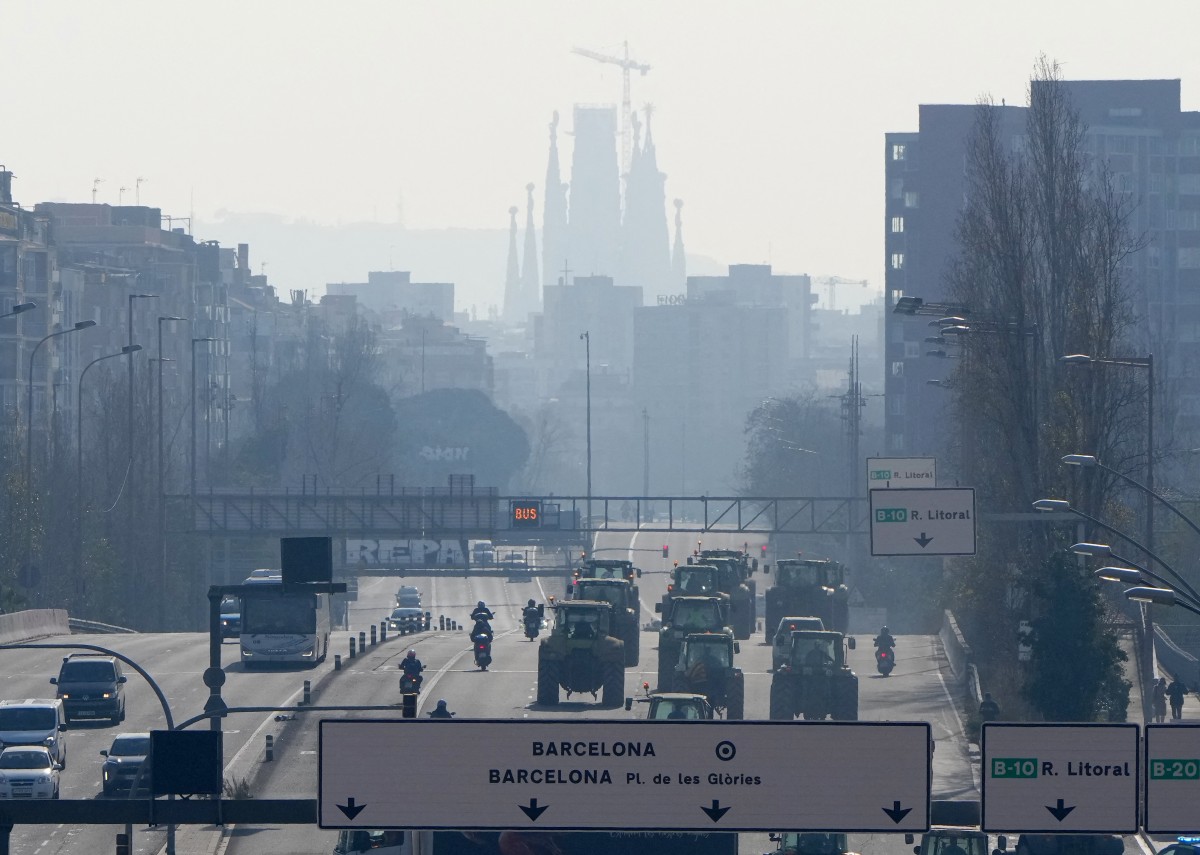
Tractors were used to block roads leading to the southern port of Málaga in Andalusia, authorities said.
MAP: Where are farmers blocking roads on Wednesday?
Spain’s three main agricultural unions, Asaja, Coag and UPA, did not initiate the demonstrations which began on Tuesday. T
hey have planned other protests this week, including Thursday in Salamanca in the northwest and Friday in the northern city of Bilbao.
Angry farmers have been protesting across Europe over rising costs, high fuel prices, bureaucracy and the environmental requirements in the EU’s Common Agricultural Policy (CAP) and its forthcoming “Green Deal”.
The three unions – who say the CAP is too complex and allows unfair foreign competition – held emergency talks on Friday with Agriculture Minister Luis Planas, who agreed to work on a response.
READ ALSO: How long will the farmers’ roadblocks in Spain last?
Prime Minister Pedro Sánchez told parliament on Wednesday that he was “on the side of the farmers” and highlighted measures his government has adopted in recent years to support the sector, especially in the face of a long drought.
Este Gobierno está con el campo.
La propuesta de la ultraderecha para el campo es una mezcla letal entre el negacionismo climático y el antieuropeísmo. pic.twitter.com/AdDKELKaUr
— Pedro Sánchez (@sanchezcastejon) February 7, 2024
He vowed to simplify rules for the implementation of the CAP, and to improve laws aimed at preventing farmers from selling products at a loss.
Spain is one of Europe’s leading producers of fruit and vegetables.
But its agricultural sector faces difficulties, largely due to a lack of rainfall that has plagued the Iberian peninsula for the last three years.

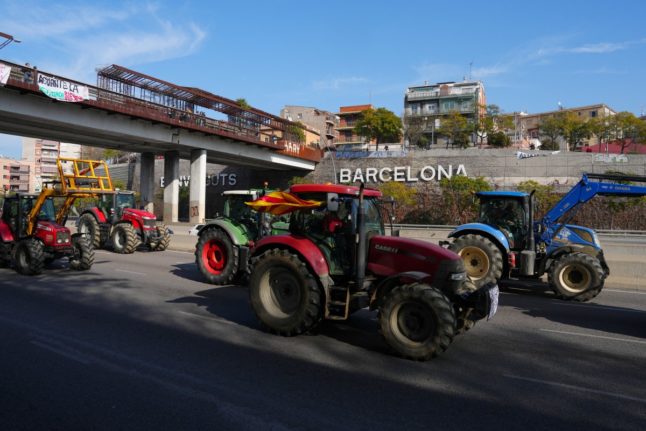
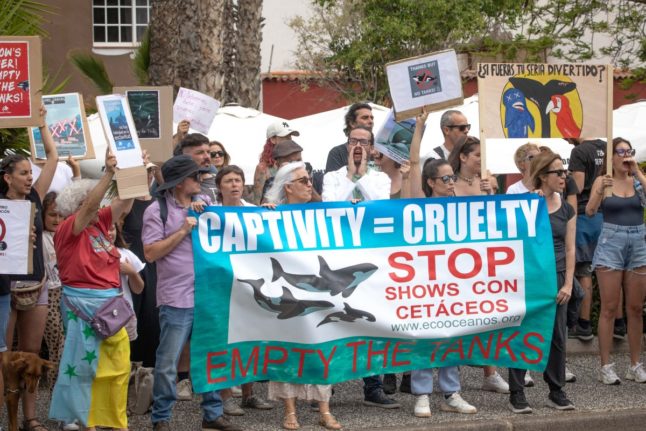

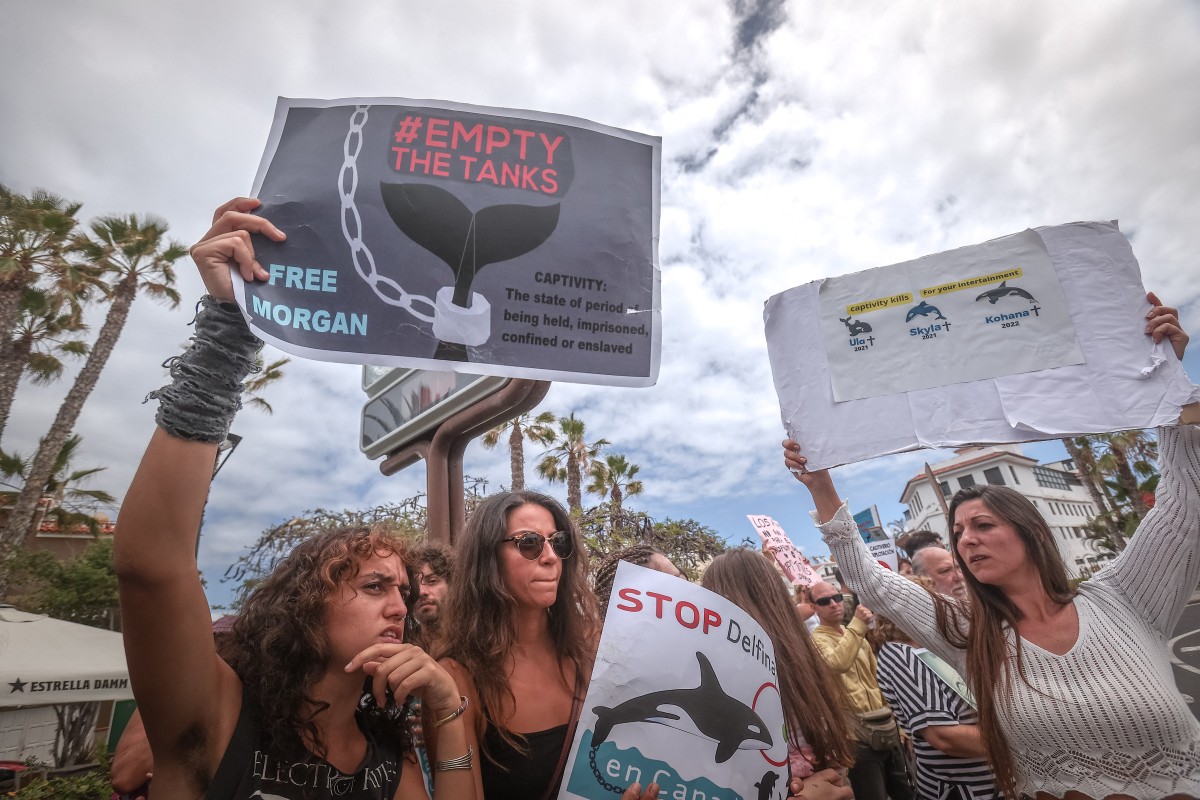

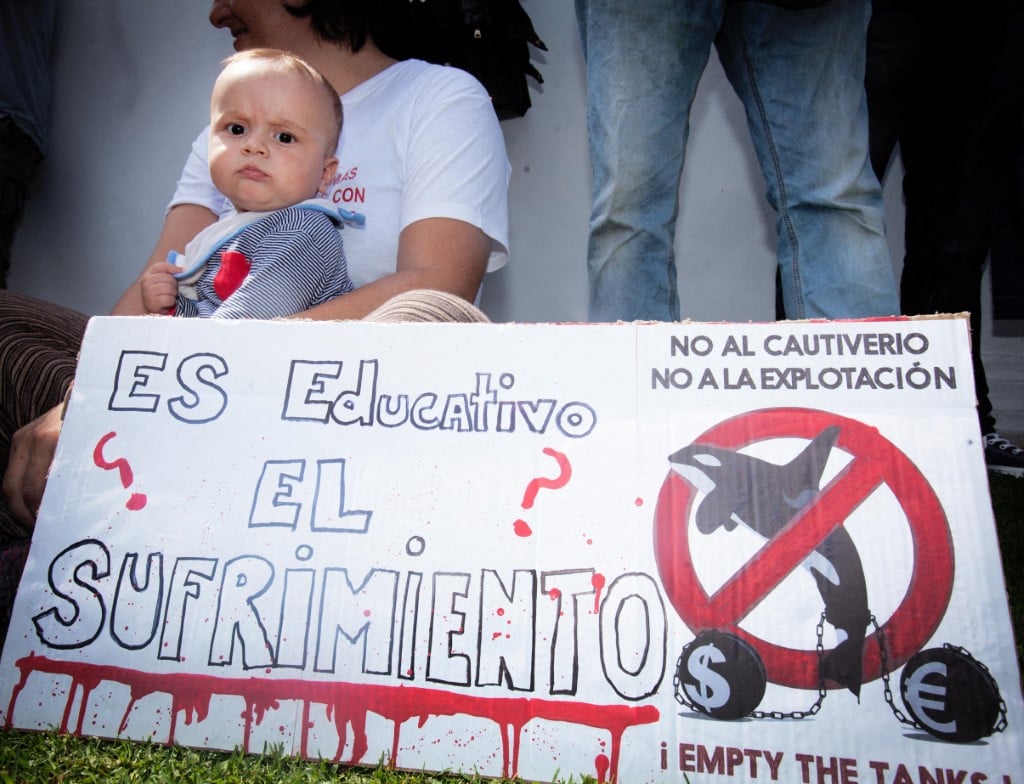
 Please whitelist us to continue reading.
Please whitelist us to continue reading.
Member comments